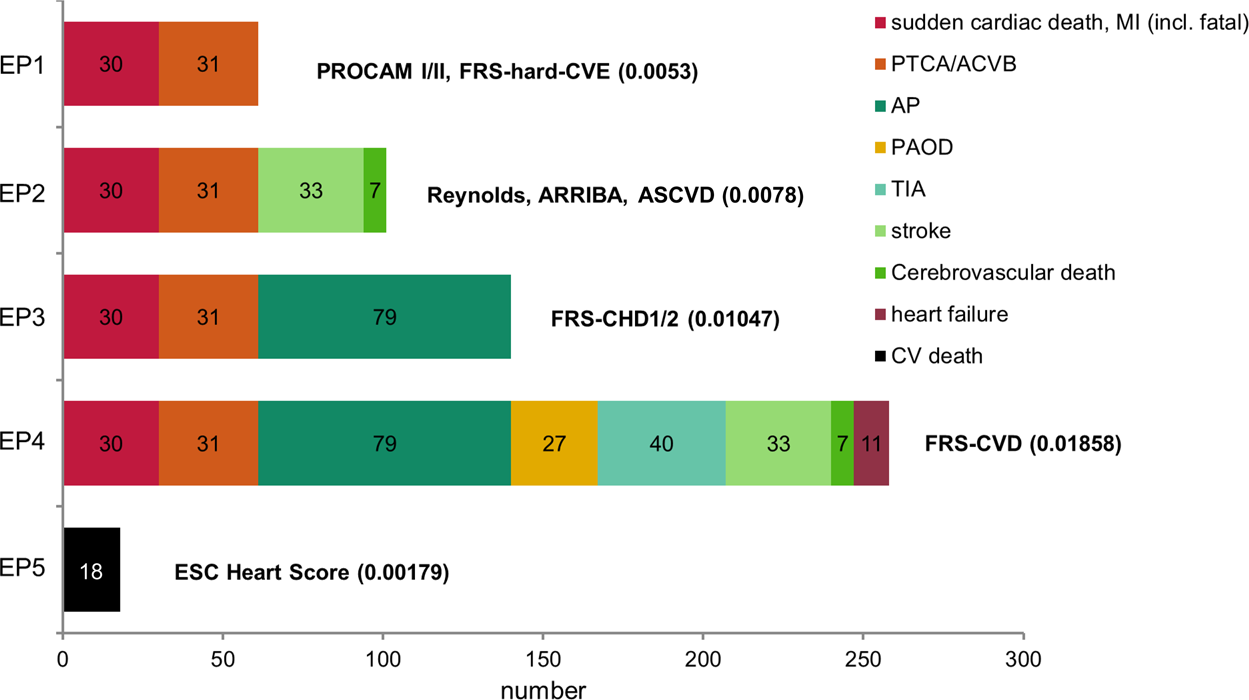
An estimated 29 million adults in the U.S. When you have too much cholesterol, you can develop fatty deposits, or lipids, in your blood vessels that can make it difficult for blood to flow through your arteries. Cholesterol is a waxy substance that's found in the fats in your blood. Talk with your health care provider about also getting a baseline cholesterol check, especially given your family history. You should check your blood pressure two to three times a week because you don't know if it's high or if it's at goal unless you check it. And anything over 140/90 mmHg is considered hypertensive. Prehypertension tends to worsen over time. You are said to have prehypertension if your top number ranges from 120 to 139 mmHg or your lower number ranges from 80 to 89 mmHg.

Ideally, a normal blood pressure is below 120/80 mmHg. The more blood your heart pumps and the narrower your arteries, the higher your blood pressure. High blood pressure is determined by the amount of blood your heart pumps and the amount of resistance to blood flow in your arteries. Having high blood pressure long term can cause many serious health problems, such as heart disease and stroke, so it's vital to keep blood pressure numbers down. The biggest challenge is that there are generally no symptoms associated with high blood pressure, also known as hypertension, which is why it's often called the silent killer.
#Q risk 2 how to#
In the meantime, I always share with my patients my top five recommendations for how to keep their heart - and bodies - in shape:Īiming to maintain a healthy weight is important, but it also is important to be aware of other numbers, especially your blood pressure and cholesterol. Your health care provider may suggest that you have regular follow-up visits based on your family history.
#Q risk 2 update#
Given your family history, I recommend that you reach out to your health care provider and share an update about your mom and sister. You can be proud of yourself for being proactive to reduce your risk long term. But just because your mom and sister are dealing with issues doesn't mean you will automatically have cardiac problems. Since genetics play a role in the risk for heart disease, being aware of your health history is important. And heart disease kills more women annually than breast cancer. 1 cause of death in the U.S., with over 655,000 people dying annually, according to the American Heart Association.

I'm only 34 and have never had an issue, but I'm wondering if there are things I should be doing now to stay more heart-healthy.ĪNSWER: Heart disease remains the No. The doctor told her that since our mom also had these issues, she must drastically change her diet, increase her exercise, and take medications to lessen her risk for a heart attack or stroke. She went in for a standard cardiac checkup and learned she has high blood pressure and high cholesterol. DEAR MAYO CLINIC: My sister just turned 50.


 0 kommentar(er)
0 kommentar(er)
